(NLDO) - A series of strange fossils off the coast of Africa shows that complex life on Earth is 1.5 billion years older than we once thought.
A new analysis of marine sedimentary rocks in the Franceville Basin off the west coast of Africa deposited about 2.1 billion years ago has revealed an "incredibly" ancient lifeworld .
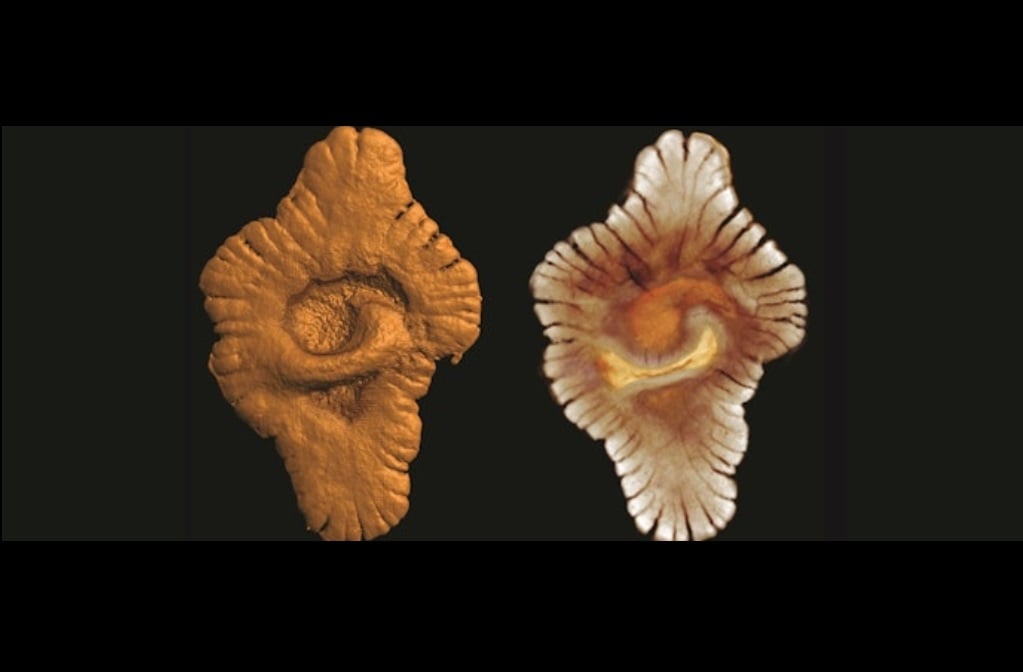
One of the 2.1 billion-year-old fossils recently excavated and the reconstructed image (right) - Photo: Abderrazzak El Albani
Previously, the general consensus view was that complex animals first appeared around 635 million years ago.
However, the above-mentioned rock samples off the coast of Africa have hidden complex creatures, and provide a reason for their presence on a planet that seemed very inhospitable 2.1 billion years ago.
These rock samples showed increased levels of phosphorus and oxygen in the seawater, something that was completely unexpected.
"We already knew that increases in ocean phosphorus and oxygen concentrations were linked to a biological evolution event around 635 million years ago. Our study adds another, much earlier event," explains Earth scientist Ernest Chi Fru from Cardiff University (UK).
That event, which took place 2.1 billion years ago, prompted some creatures to make a huge evolutionary leap.
That's a huge number of fossils so large they can be seen without a microscope that have been discovered in the Franceville Basin.
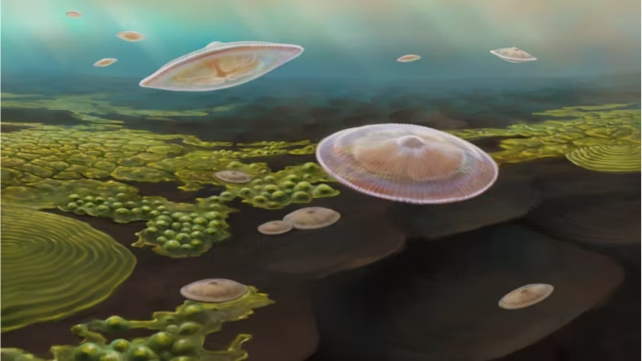
Amazing ecosystem 2.1 billion years ago in the area off the coast of present-day Africa - Graphic photo: Abderrazzak El Albani
Previously, it was believed that life forms before 635 million years ago were all simple microorganisms.
A “lost” part of Earth’s biome history has been rewritten: Off the coast of Africa 2.1 billion years ago, nutrient-rich water combined with the collision of two ancient continents created a shallow inland sea that was extremely good for life despite being isolated from the global ocean.
This has promoted a chemical process that is favorable for all species in that water body to undergo complex biological transformations.
They evolved in leaps and bounds in size and structure, resulting in the bizarre array of creatures that scientists have unearthed.
However, the very isolation that created this attractive sea also prevented this extremely early-developing ecosystem from spreading or surviving to wait for the next evolutionary leap.
In other words, our planet has unfortunately missed out on 1.5 billion years of evolution.
If the above creatures had not been isolated, the earth today might be dominated by another species even more advanced than us.
These findings may indicate that complex life on Earth evolved in two separate steps: The first after the first major increase in atmospheric oxygen 2.1 billion years ago, and the second after the second increase 1.5 billion years later.
Fortunately, the second time's ecosystem was lucky and evolved and developed to this day.
This interesting study was just published in the scientific journal Precambrian Research.
Source: https://nld.com.vn/xuat-hien-sinh-vat-21-ti-nam-tuoi-viet-lai-lich-su-su-song-trai-dat-196240801113057213.htm



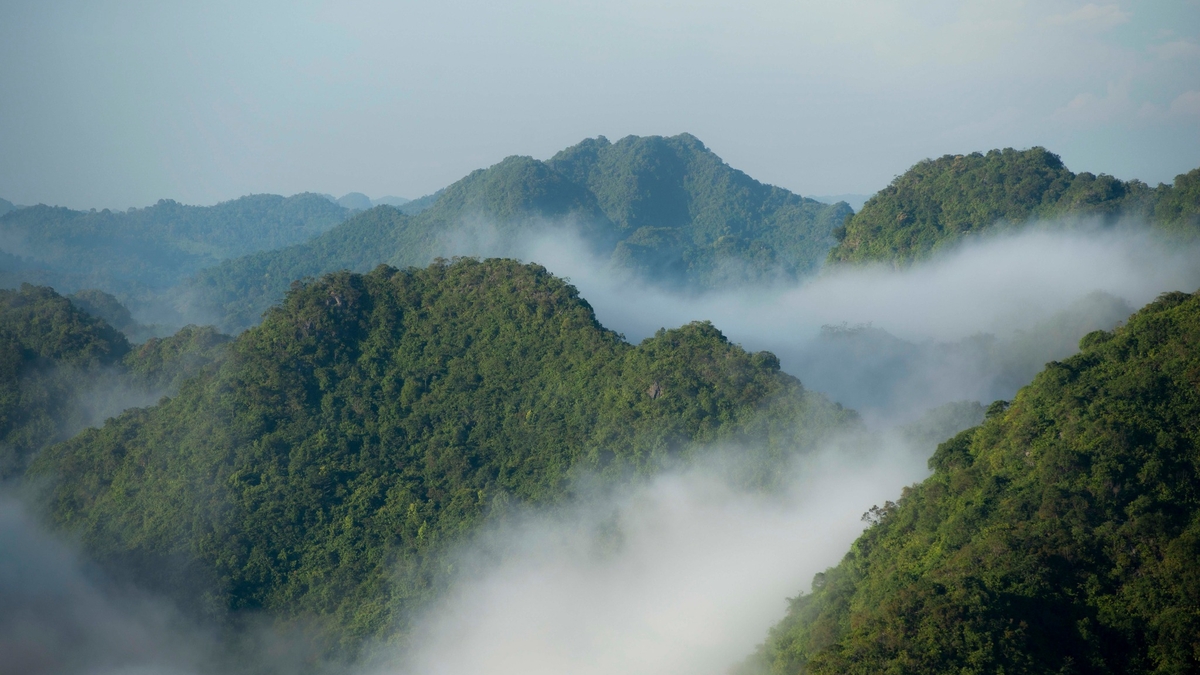



![[Photo] National Assembly Chairman Tran Thanh Man attends the inauguration ceremony of the Memorial Site of National Assembly Standing Committee Chairman Bui Bang Doan](https://vphoto.vietnam.vn/thumb/1200x675/vietnam/resource/IMAGE/2025/9/28/6feba23492d14b03b05445dd9f1dba88)









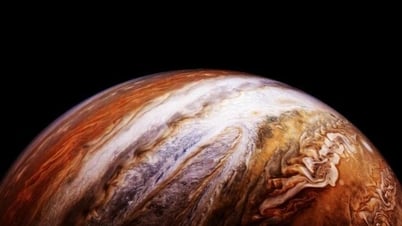





















































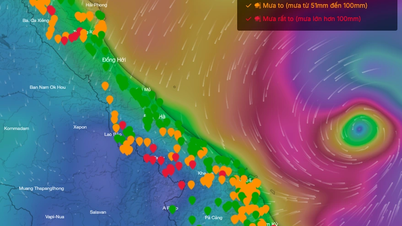






























Comment (0)